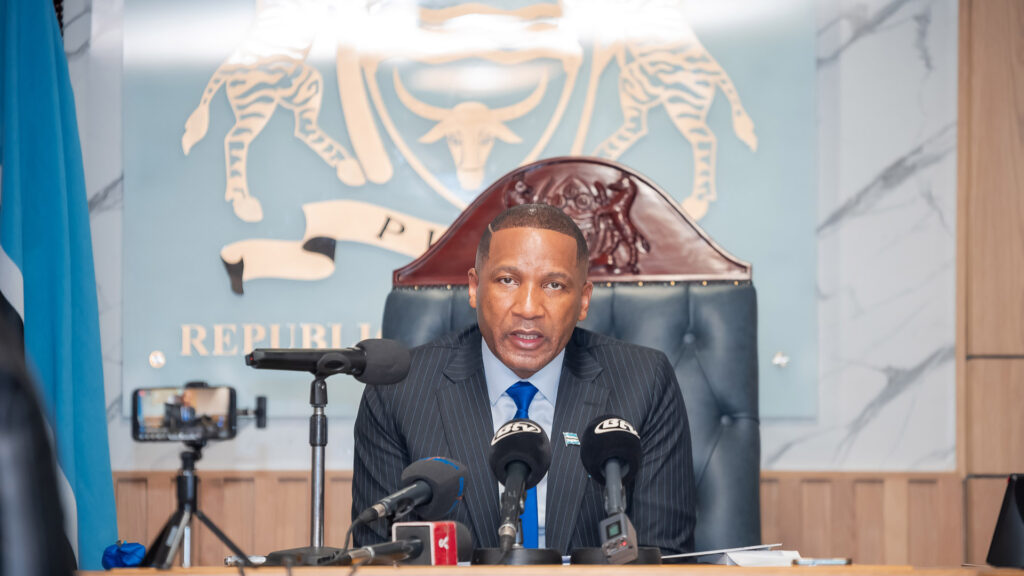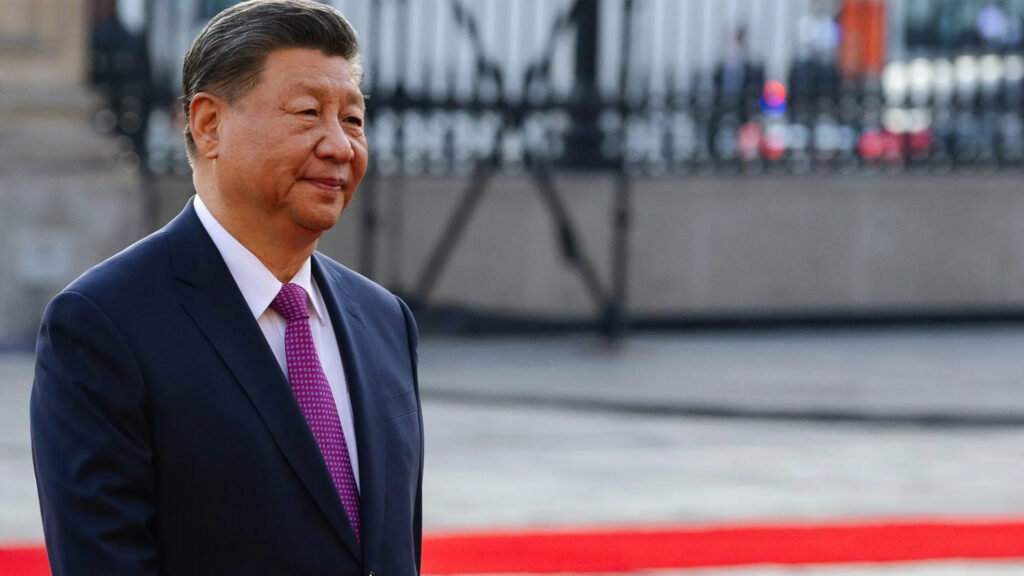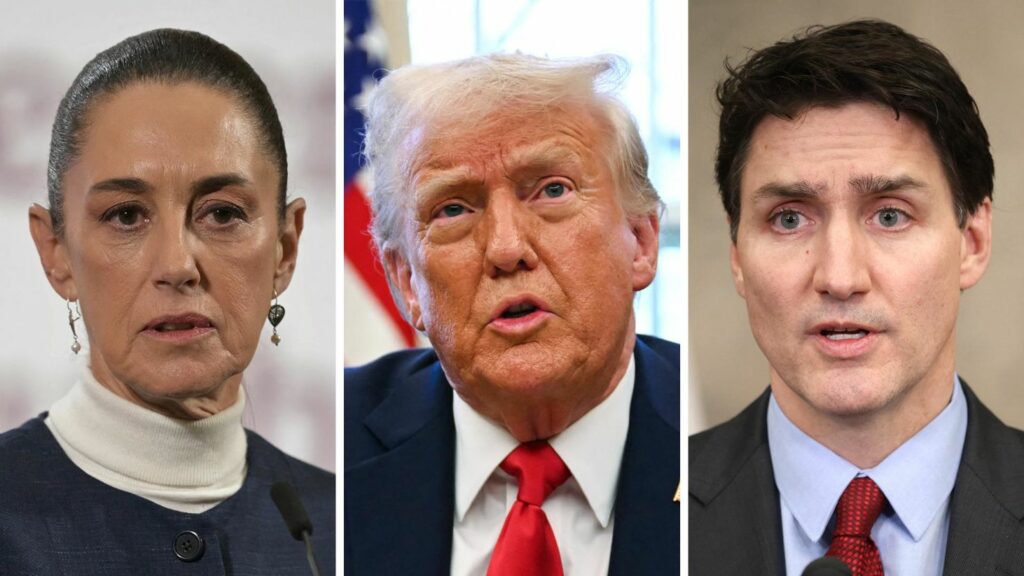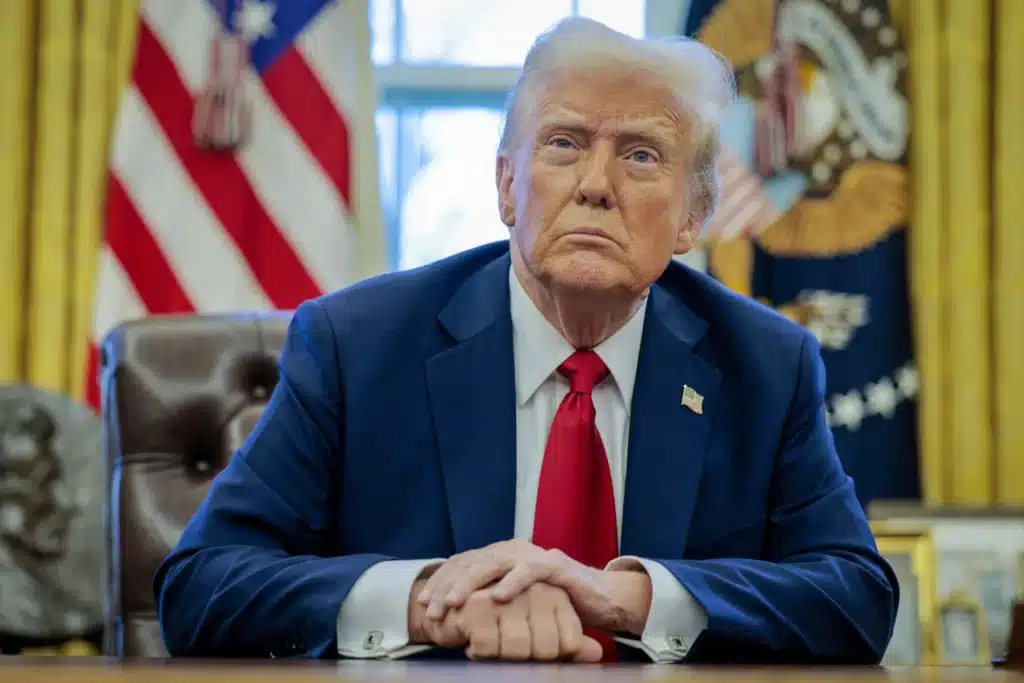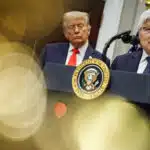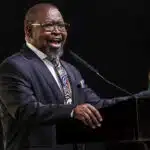In a historic shift for Botswana, President Duma Boko has unveiled his first set of cabinet appointments, outlining a transformative vision for the nation. With a focus on agility, accountability, and collaboration, Boko’s approach signals a break from the past, setting the stage for what he calls the “Second Republic.”
The newly appointed ministers will address critical challenges, from economic reforms to public health and education, as they work towards a unified goal of national advancement.
Highlights
- New Cabinet Formation: President Duma Boko introduces his cabinet, emphasizing agility, transparency, and accountability as guiding principles for his government.
- Key Ministerial Roles:
- Vice President Ndaba Gaolathe to lead as Minister of Finance.
- Dr. Stephen Modise appointed Minister of Health to implement universal healthcare reforms.
- Minister of Child Welfare and Basic Education Mrs Kebuang Nono Kgafela- Mokoka,
to focus on equitable access to quality education. - A newly established Minister of Lands and Agriculture Dr Micus Chiwasanee Chimbombi to drive food self-sufficiency.
- Lesego Chombo appointed as Minister of Youth and Gender Affairs, focusing on empowering young people and promoting gender equality.
- Assistant Minister of Lands and Agriculture Dr Edwin G. Dikoloti to statigically support Dr Micus C. Chimbombi.
- Minister of International Relations, Dr Phenyo Butale, tasked with representing Botswana on a human rights-focused global stage.
- Leadership Philosophy: Boko calls for programmatic governance, fostering collaboration and constructive debate while dismantling outdated institutional structures.
Core Government Philosophy: Agility and Accountability
Boko emphasized the need for an agile government capable of rapid response to Botswana’s evolving challenges. Speaking to the press, he highlighted his administration’s commitment to honesty and transparency.
By advocating for “programmatic reasoning,” he outlined a governance model that prioritizes actionable steps over rigid plans, emphasizing that solutions must be developed in real-time based on current realities.
“We are going to speak the truth, to describe the situation as it really is,” Boko asserted. “This is about honesty, respect for the people, and moving forward with full accountability.”
Key Cabinet Appointments and Their Strategic Mandates
1. Vice President and Minister of Finance: Ndaba Gaolathe

Vice President Ndaba Gaolathe, a well-regarded economist, will also serve as Minister of Finance. Tasked with addressing Botswana’s financial challenges, Gaolathe’s dual role is pivotal to stabilizing and strengthening the national economy.
Boko highlighted Gaolathe’s intellectual capacity and integrity, urging citizens to support and challenge him in equal measure as he navigates Botswana through fiscal complexities.
Mandate: Restore economic stability, promote transparency in public finance, and introduce measures that ensure sustainable growth.
2. Minister of Health: Dr. Stephen Modise

Dr. Modise will lead the Ministry of Health with a mandate to implement universal healthcare. His role is vital to Boko’s goal of ensuring equitable, high-quality health services for all citizens, regardless of income or geography.
Dr. Modise, a seasoned medical professional, is tasked with launching a National Health Insurance Scheme and upgrading healthcare facilities across the nation.
Mandate: Roll out universal healthcare, improve healthcare infrastructure, and ensure that health services meet international standards.
3. Deputy Minister of Health: Mr. Lawrence Ookeditse

Mr. Lawrence, a member of the opposition party, joins as Deputy Minister of Health, symbolizing Boko’s inclusive approach. His focus aligns with the new health agenda, leveraging bipartisan support for the National Health Insurance Scheme.
Mandate: Support the universal healthcare rollout and foster cross-party collaboration in health sector reforms.
4. Minister of Child Welfare and Basic Education: Kebuang Nono Kgafela-Mokoka

President Boko established a new Ministry of Child Welfare and Basic Education, with Mokoka at its helm. This ministry focuses on early childhood development, quality education, and equal access to educational resources across the country.
Boko underscored the importance of making public schools a viable alternative to private institutions, promising transformative reforms in the educational system.
Mandate: Provide accessible early childhood education, ensure quality education across public schools, and redefine the standards of educational facilities.
5. Minister of Youth and Gender Affairs: Lesego Chombo

Lesego Chombo’s appointment as Minister of Youth and Gender Affairs highlights Boko’s dedication to empowering Botswana’s youth and promoting gender equality. Chombo will lead initiatives aimed at creating opportunities for young people and addressing gender-related issues.
Mandate: Promote youth empowerment programs, address gender disparities, and implement policies that foster gender equality and inclusion.
6. Minister of Lands and Agriculture: Dr Micus Chiwasanee Chimbombi

The Ministry of Lands and Agriculture, a newly formed division, will prioritize food self-sufficiency and agricultural innovation. By focusing on local food production, Boko’s government aims to reduce reliance on imports and position Botswana as an agricultural exporter.
The ministry will oversee initiatives to increase domestic food production and support sustainable land management practices.
Mandate: Drive food self-sufficiency, promote sustainable agriculture, and enhance Botswana’s food security.
7. Minister of International Relations: Dr Phenyo Butale

Dr Phenyo Butale’s appointment as Minister of International Relations underscores Botswana’s commitment to human rights on a global scale. Tasked with promoting Botswana’s international presence, Butale will focus on upholding the nation’s values abroad.
President Boko emphasized that Botswana’s international image should reflect the government’s commitment to human rights and integrity.
Mandate: Represent Botswana’s interests on the international stage, uphold human rights, and build strategic partnerships.
Potential Impact on Business and Investment
Boko’s administration is positioning Botswana as a model of democratic governance and social reform in Africa. Key policy initiatives, particularly in health, finance, and agriculture, could create an attractive environment for investors looking at sectors such as healthcare, education, and agribusiness.
- Healthcare: The implementation of a universal healthcare system could present new opportunities in healthcare technology, pharmaceuticals, and medical infrastructure. Investors and private-sector players may find lucrative opportunities in supporting Botswana’s healthcare transformation.
- Agriculture: The push for self-sufficiency and food export potential could open doors for agritech solutions and sustainable farming partnerships. Businesses in agri-inputs, technology, and logistics might benefit from the new government’s focus on local food production.
- Financial Stability: Gaolathe’s leadership in finance suggests a focus on fiscal responsibility and economic reform, potentially making Botswana a more stable environment for foreign investment. Improved economic stability could drive growth across various sectors, from infrastructure to consumer goods.
A New Era of Governance in Botswana
President Duma Boko’s cabinet appointments signal a fresh, transformative approach for Botswana’s governance. By prioritizing transparency, collaboration, and inclusivity, Boko aims to address pressing economic and social challenges.
With a commitment to programmatic reasoning and structural reform, his government is setting the stage for substantial progress in critical areas, from healthcare and education to international relations and agriculture. As Botswana embarks on this new journey, investors, business leaders, and citizens alike will be watching closely to see how this administration reshapes the nation’s future.
